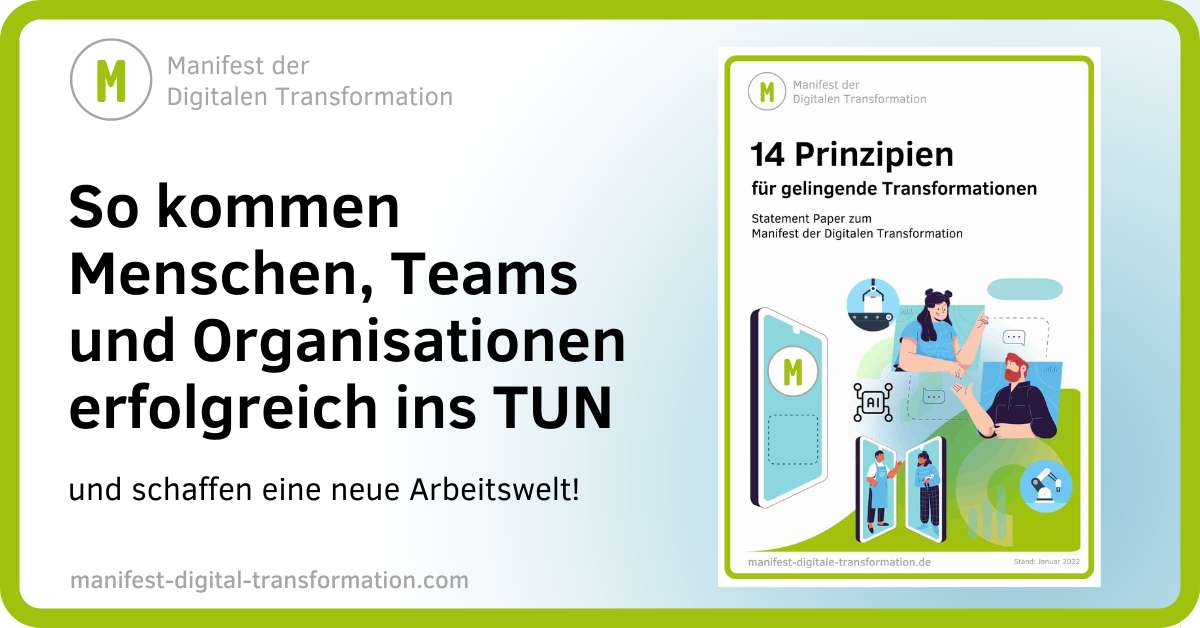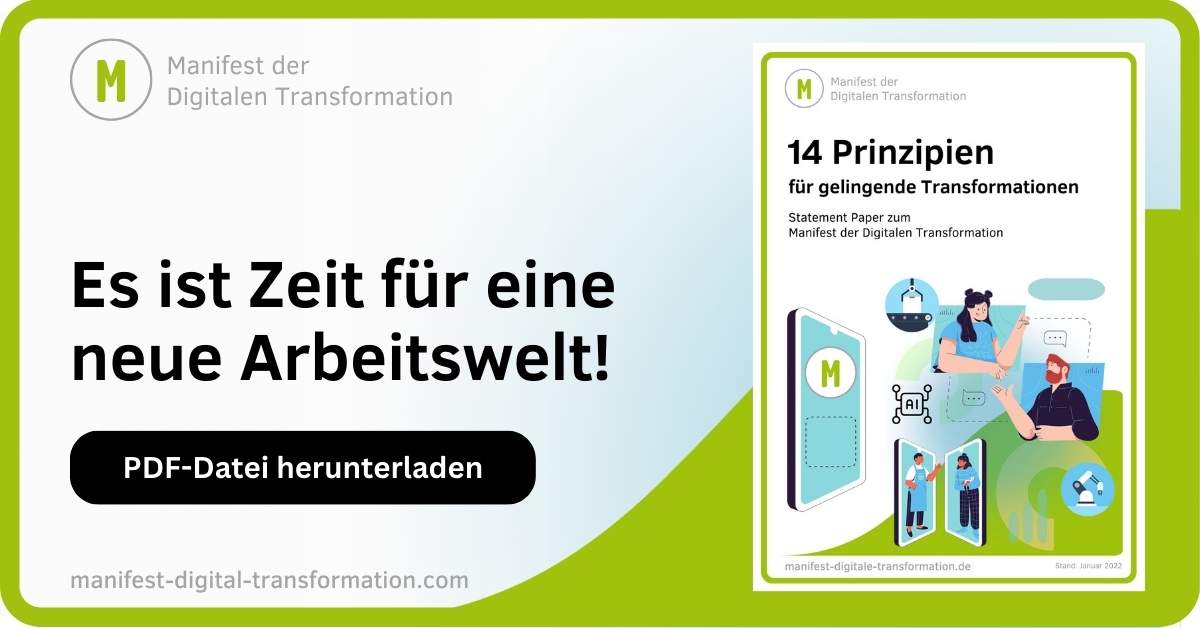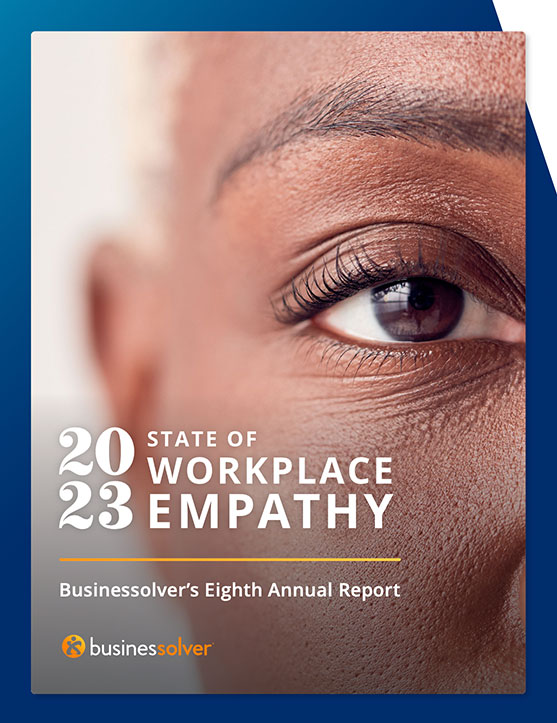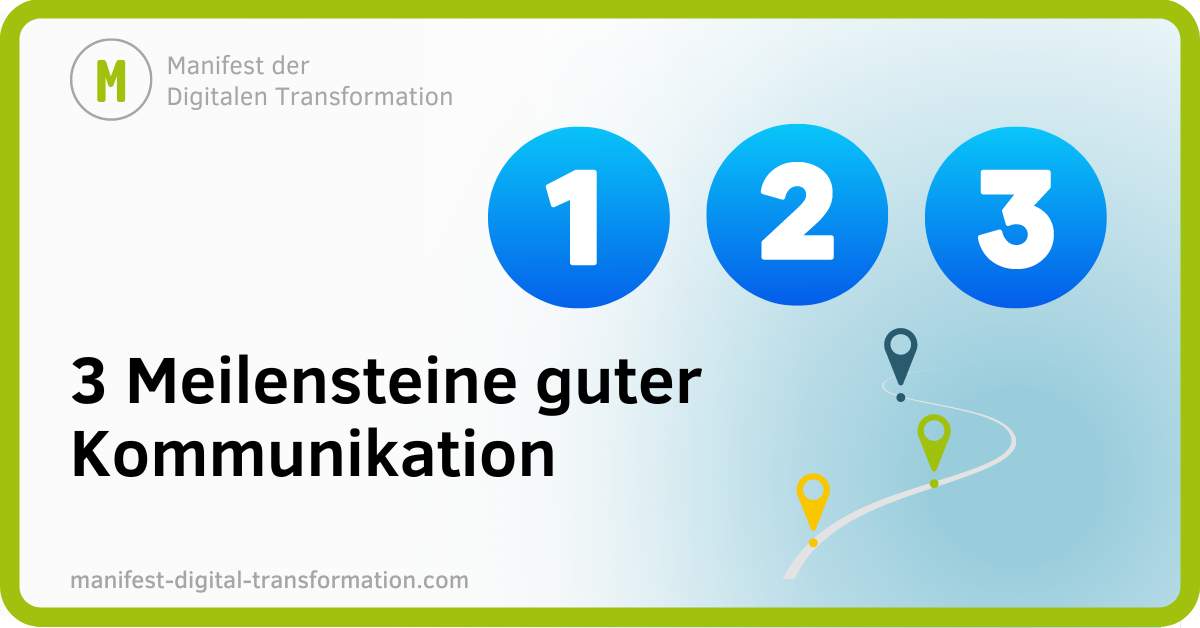But the empathy gap continues to persist. As executives turn back to the bottom line, HR and employees are left feeling unheard, unappreciated, and underpaid. RTO, inclusive benefits, DEIB, and flexibility are among the top hot-button issues in this year’s empathy report.
Are you ready for a change? Read our latest findings, as featured in Forbes, Fast Company, HubSpot, and more to learn how your organization can close the empathy gap.
A tough economy has forced many executives into experiencing
this unfortunate truth in the past year in the form of downsizing and cutbacks. The data shows downsizing and cutbacks have come at the expense of employee empathy and trust. Providing employees visibility into where empathy hides in hard decisions is one element of stymieing the brewing pessimism that is fueling employee disengagement. Likewise, CEOs and executives must make a concerted effort to seek honest, unfiltered feedback—checking the validity of their own workplace reality against that of their employees.
For eight years now, workplace flexibility has sat at the top of the list of most empathetic benefits an employer can offer. Our Empathy data shows that flexibility isn’t just about a better work-life balance. It’s a mental health initiative. It’s a DEI initiative. And it’s one of the cheapest benefits an employer can offer, especially when stacked against rising healthcare, talent, and operational costs. 96% of employees say flexible working hours is the most empathetic benefit an employer can offer, closely followed by workplace location at 93%. But, while flexible working hours tops the list of most empathetic benefits, it’s only offered at 39% of organizations.
- 61% of HR professionals report that they have experienced a mental health issue in the past year (+9 points from 2022). This finding, combined with double-digit declines in empathy toward their CEOs (-16 points), organizations (-23 points), and employees (-16 points), is evidence of burnout and “empathy fatigue” among HR professionals.
- Empathy fatigue is especially prevalent in helping professions and people overexposed to others’ emotional needs. Chronic stress leads to burnout, loss of empathy, emotional exhaustion, and a sense of decreased accomplishment.
- Employees’ perceptions of empathy at work continue to decline after 2021 as CEOs call for return to office, ending at their lowest levels since 2017. Yet CEOs’ empathy perceptions remain relatively steady.
- Empathy Perceptions Are Highest Among Remote Workers













